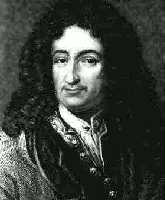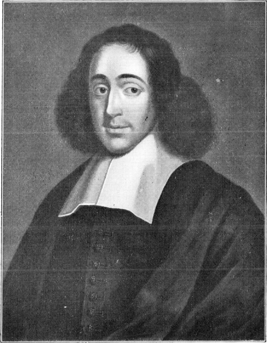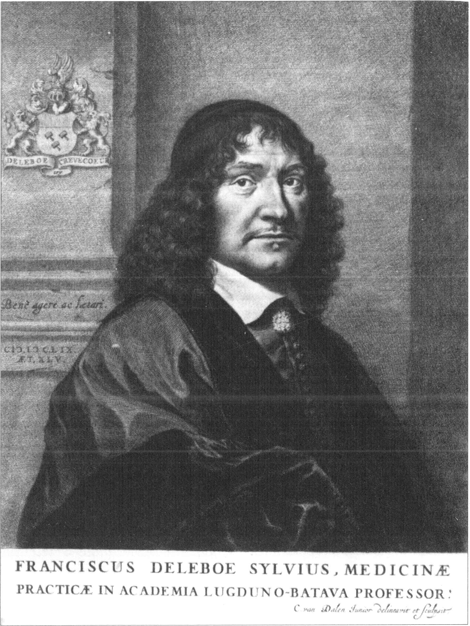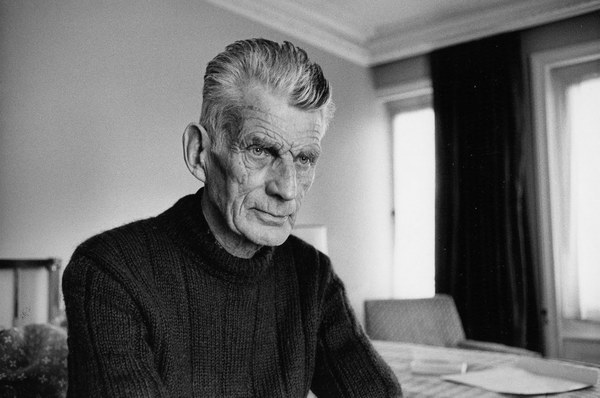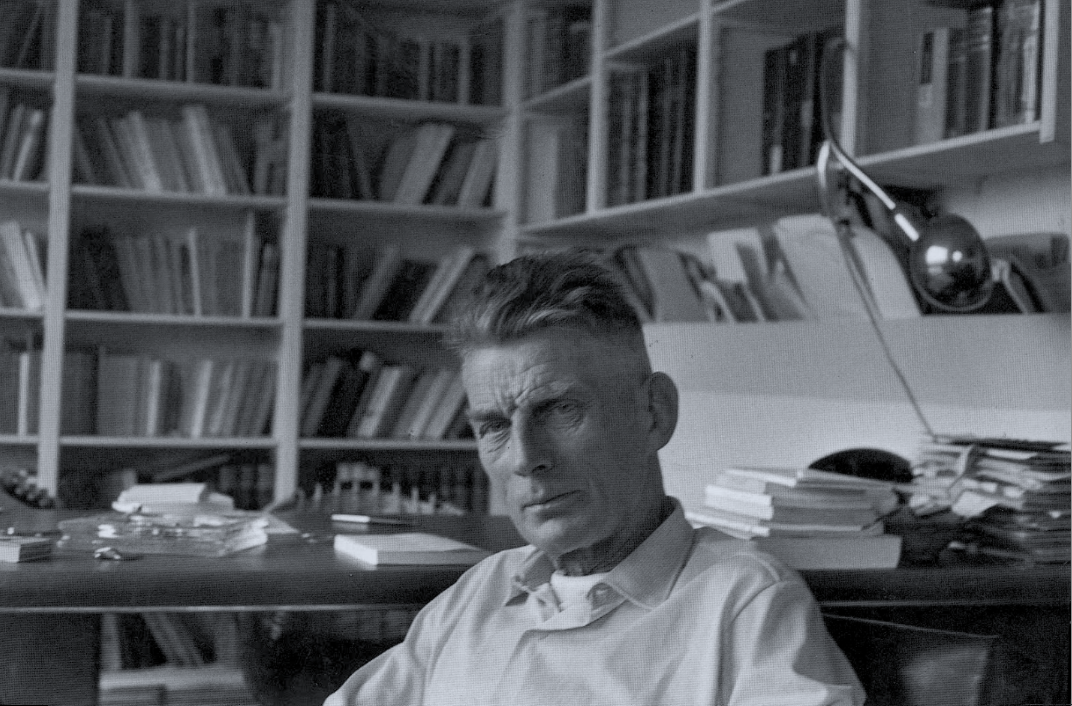Arnold Geulincx
Arnold Geulincx ( ɣøʏlɪŋks ) ( born January 31, 1624 Antwerp, † November 1669 in Leiden ) was a Flemish- Dutch theologian, logician and philosopher. In addition to Malebranche, he is considered one of the main representatives of occasionalism.
Life
Geulincx studied at the University of Leuven. Among his professors was with William Philippi an avowed follower of Descartes. Philippi was later expelled from the university. 1646 ended Geulincx his studies, received a teaching post at Pädagogium and 1652 was Dean of the Faculty of Arts. On September 16, 1658 he became a doctor of medicine. In the same year his professorship was withdrawn, presumably because of his Jansenist beliefs and thinking, too far removed from the basic assumptions of Aristotle. Geulincx went to Leiden in the Netherlands, where he was under the influence of his friend Abraham Heidanus (or: Heydanus ) 1663 Calvinist. Heidanus also took care of the professorship Geulincx at Leiden University. From 1662 he teaches logic and there was in 1665 an associate professor of philosophy and ethics. He probably died there of the plague.
Philosophy
In his philosophy, he combines rationalism and mysticism.
In the tradition of René Descartes, he worked on the philosophy of mind, developed continuing its theses and established the occasionalism. Thereafter, body and spirit are separate areas that only seem to interact with each other, between which actually but gives God without ceasing, and the events of both areas synchronized so that we get the impression of a causal connection.
Geulincx thinking begins with a sharp opposition to naive realism. In addition to the conviction that all our ideas are purely subjective, later enters elaborate dualism of body and soul, body and spirit which he takes over from Descartes. Unlike Descartes, however, denies any causal Geulincx or causation causative link between body and mind. In the parable he watches is the picture of two on the sun's path and exact tuning of watches that work independently of each other, but always show the same time. God is the creator, the cause of this correspondence, and generates so on occasion the conformity of mind and body. The relation of body and mind, body and soul, Geulincx therefore also called a "miracle".
" God, who is the cause of physical and mental facts, is in truth the sole cause of the universe. No fact contains in itself the ground of some other; the existence of the facts is due to God, their sequence and coexistence be due to him. He is the ground of all that is. "
( Encyclopedia Britannica, 1911).
In the ontology Geulincx assumes that if we do not recognize the modes of action of things (the body, the mind), we are also not the cause of these phenomena ( quod nescis quomodo fiat, id non FACIS ). Since we do not recognize the causes and mechanisms of action of our own will in each case itself, this is also not the cause of the external effect. Everything is determined by God.
On the basis of these considerations, I have come to the clear realization that just as little as I can act on the things of this world, can this affect me now ... so my position in the world as I know. Reiner audience I am in this world. Audience I 'm in this piece - not players! ( Geulincx, ethics )
Consequently teaches Geulincx in his ethics as the highest virtue, humility ( submission to the will of God), diligence, conscientiousness and justice. This highest virtues thus release from three of the four ancient classical cardinal virtues (wisdom, courage, prudence, justice).
With respect to the question of rationalism and relationship to Spinoza Geulincx seems like no one else of his time " to have brought as close as possible " to the pantheism ( George Lyon).
Ludwig Feuerbach on the training of Cartesian philosophy by Arnold Geulincx: "The principle of his philosophy is as in Descartes the mind whose essence is thinking, and indeed as in this thinking, only the abstraction and distinguishing activity from the sensuous, only on themselves relating consciousness. The mind says Arnold Geulincx, or I (namely, as a spirit ), because there is one, am a bit of everything sensuous absolutely distinctive in my concept and essential nature is only thinking; Ego sola cognitione volitioneque definior. ' "
In his essay " Logica fundamentalist " Geuincx deals with the syllogism and the question of the generality of the Darapti mode, one of the modes of the third figure of the categorical syllogism.
His works he wrote in Latin.
Besides influence on Malebranche and other philosophers Geulincx thinking has exerted great impact on the work of Samuel Beckett.





